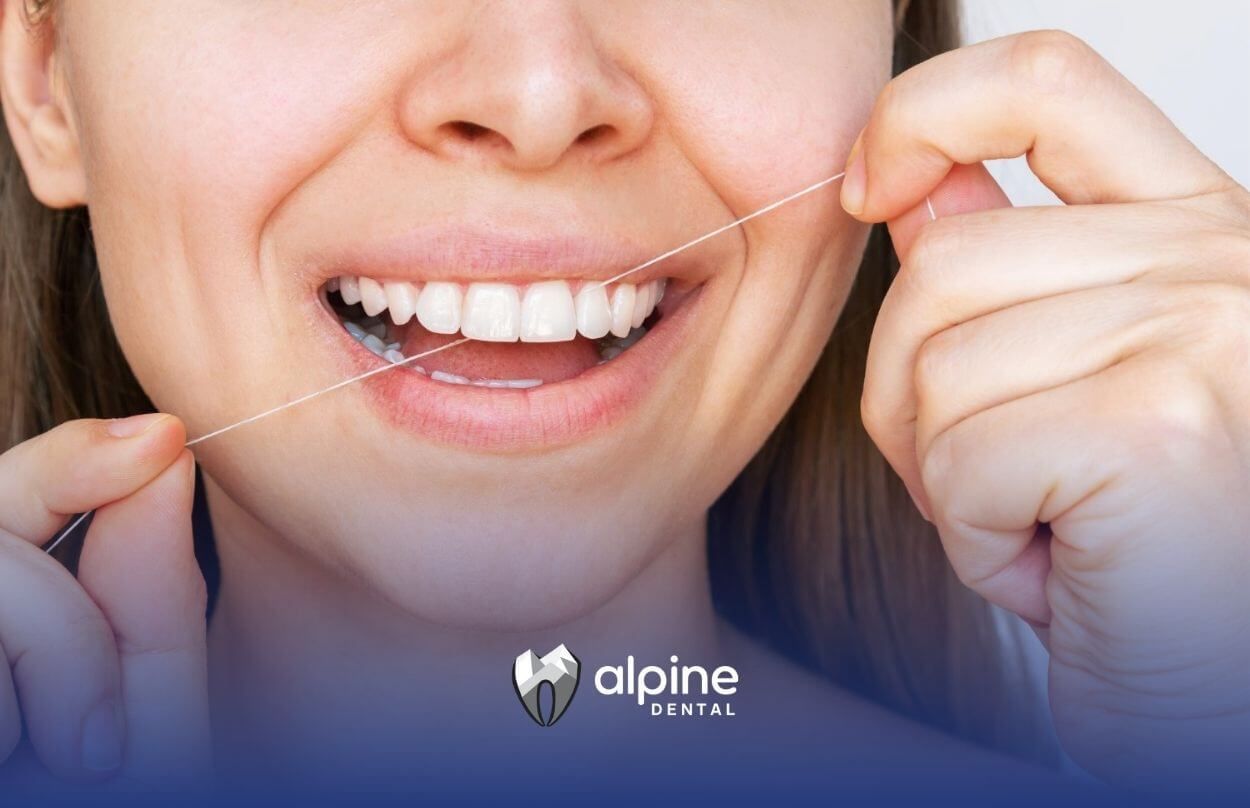Dry Socket 101: What to Do If You Lose the Blood Clot Post-Extraction
After a tooth extraction, your body immediately begins healing. One of the first (and most important) steps is forming a blood clot at the site. This clot protects the bone and nerves underneath while helping new tissue grow.
If that blood clot gets dislodged or dissolves too early, it can lead to a painful condition called dry socket. Without the clot, the area is exposed—leading to sharp pain, bad breath, and a foul taste in your mouth. This usually happens within the first 2–4 days after the procedure and can delay healing.
How to Tell If You’ve Lost the Blood Clot
- Sudden increase in pain after a couple of days
- Visible bone where the tooth was removed
- Unpleasant taste or odor coming from the socket
- Radiating pain toward your ear or jaw
If you notice any of these signs, contact your dentist immediately. Dry socket is treatable, but it needs professional care to avoid infection and support healing.
To avoid losing the clot:
- Don’t smoke or use straws
- Avoid spitting forcefully
- Stick to soft foods for the first few days
- Follow your dentist’s aftercare instructions closely
At Alpine Dental, we know dental emergencies can be stressful. Whether you’re dealing with a painful extraction site or just need a trusted, caring provider, we’re here to help. As one of the top-rated dentists in New Jersey, we’re known for fast, gentle care when you need it most.
Book your appointment today and let us take great care of your smile




